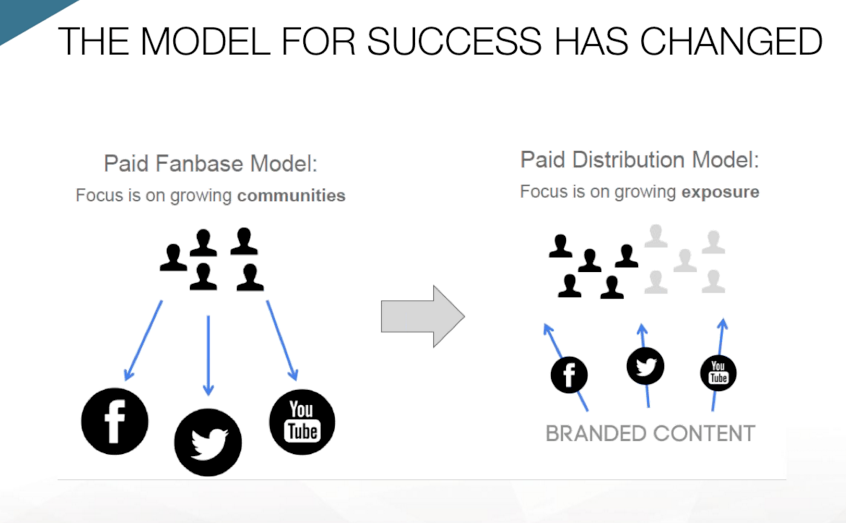30, 60 and 90 Day Sales Planning
|
|
|
|
By The Canadian
Professional Sales
|
|
As a
profession, the sales industry is known for its high turnover rate.
Consequently, preplanning for every step of the hiring and training process is
an integral component to ensuring you’re investing in top performing sellers.
Not only do organizations need to assimilate new hires into their team culture,
but they also need to plan a process of integration that enables employees to
develop a thorough understanding of how to effectively market and sell their
products and services.
Consider breaking up your sales coaching and training schedule with a 30, 60
and 90 day planning approach, which provides a vantage point of how new hires
engage with your team and as well as grow with the feedback and training you
provide.
30 Days
Once a new salesperson joins the team, it is essential to set
them on a track towards quick learning. The best way to accomplish this is by
having an ongoing knowledge base where questions can be asked and answers
recorded. This prevents redundancy and centralizes common questions. An
internal online resource system can be easily set up for this purpose, where
your sales team can collaborate and ask questions. In this space, newcomers can
be added to see what past questions have been asked as well as search for
topics of interest. They will also get a feel for the company culture and
challenges. Ensuring your new hire is integrated into the sales team culture
will aid in building internal relationships, thus making it easier for them to
feel comfortable and confident.
Additionally, it is important to provide thorough training on
your CRM system, as well as how to manage leads and deals. How you capture
information and follow up with customers’ must be thoroughly explained, so they
can build off the selling techniques that work for your particular goods and
services.
Ultimately, the first 30 days is a key opportunity for new hires
to learn the systems you have in place. Planning for the first month allows
employees to get familiar with how to access key resources as well how to
integrate into the pre-existing sales team culture.
60 Days
After the first 30 days, new hires will ideally have an
increased level of comfort and confidence in handling your organizations
systems, as well as a heightened understanding of how to work with customers
and close deals. The next 30 days is a great time to push the training
boundaries further.
Use this time to encourage and monitor calls and emails with
prospects and clients. Hold individual and team training sessions where you highlight
what members of your team are doing well, as well as how they can improve.
Holding team training sessions allows for new hires to feel as though they are
part of a unified team and will enable them to learn from the mistakes and
triumphs of their co-workers.
To help build confidence, look at the sales pipeline and provide
several opportunities for engagement by assigning tasks for follow up.
Additionally, your new salesperson can work on upselling opportunities with
current clients by spending time following up on their satisfaction with
current services. As well, this creates an opportunity for new hires to seek
referrals from existing clients, which acts as a leverage for additional
training as well as increasing revenue opportunities.
90 Days
Now that your new employee has been given the tools, resources
and selling opportunities they require, you can challenge them towards
initiative. They should prospect and find their own accounts after 90 days. You
can monitor their activities and see how they approach relationship building,
whether that is through cold calling or inbound prospect inquiries. Work
closely with your employee on creative ways to build trust and gain attention
from prospects.
The 90 day mark is also a good time to start applying sales
goals and quotas. Starting your new hires at a lower quota than veteran
salespeople, will not only add momentum and build confidence, but will act as a
great base for setting goals. You can use the following months to gradually
increase sales quotas.
Lastly, the 90 day mark opens up new opportunities for you to
grow as a sales manager and learn how your training techniques have impacted
their ability to grow within the team. Ensure you get an understanding of what
they have learned as a newcomer, so you can not only get a fresh perspective on
your industry, but have a better grasp on how your sales managementtechniques
impact the overall effectiveness of your team.


Comments
Post a Comment